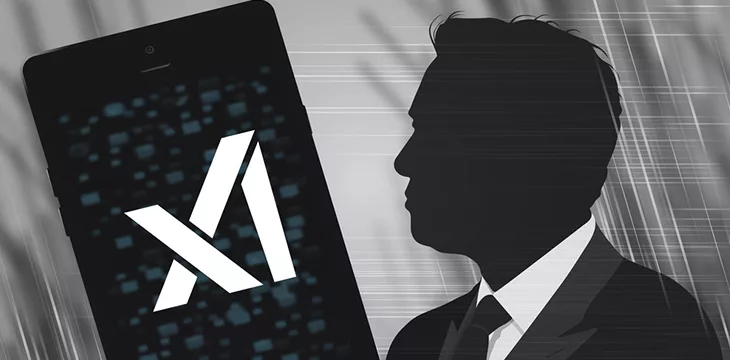|
Getting your Trinity Audio player ready...
|
Elon Musk’s xAI recently announced a Series B funding round of $6 billion, bringing the company’s valuation to $24 billion overall.
While the current valuation still leaves OpenAI ($80 billion valuation) more than three times bigger than xAI, Musk believes he can close the gap by the end of the year. OpenAI has an eight-year headstart on Musk’s firm, which only launched in July 2023, showing just how tight the AI race is and how quickly things can change.
Big names in venture capital, such as Andreessen Horowitz, Sequoia Capital, and Fidelity, participated in the round. While it’s no surprise that these heavy hitters are in early on a tech venture with the xAI’s potential, it means that the same Silicon Valley players that control the internet will be at the forefront of AI. Andreessen Horowitz and Sequoia Capital were also early-stage investors in OpenAI, demonstrating just how entrenched these players are.
The incredible potential of AI, both good and bad
Companies that aren’t even one year old having a valuation of $24 billion are a phenomenon we have rarely seen since the Dot-Com bubble. Looking at the rapid growth of firms like OpenAI, Nvidia (NASDAQ: NVDA), and others in the AI space leaves us with one obvious conclusion: something big is happening.
While AI stocks and valuations are likely in a bubble for now, there’s no denying the awesome potential of the technology. LLMs like ChatGPT and Grok are just the tip of the iceberg; AI will likely lead to a tidal wave of new inventions, medical breakthroughs, and social advances. If AI maximalists are to be believed, we can scarcely comprehend what is coming.
Yet, just as with the internet, AI is a double-edged sword. With all the advances will come serious disruption to jobs and entire economies, and bad actors such as scammers are already finding ways to use AI to extort people. It’s highly likely we’ll see deepfakes used in the 2024 U.S. Presidential election, and we’ve already seen Taylor Swift victimized by AI-generated fake nudes and record companies taking legal action over fake Drake songs that sounded just like the real thing.
Amidst all the hype, excitement, and potential of AI, the world badly needs a way to keep developers and users accountable. Thankfully, the technology responsible for the last hype cycle offers hope.
How blockchain technology can help mitigate the dangers of AI
Blockchain is not ‘crypto,’ and the world is beginning to realize this. Those who have undertaken a serious study of blockchains understand that they are distributed databases that can only be changed by consensus among nodes. When paired with AI, this has several beneficial uses.
Most obviously, the time-stamped records on blockchains can be used to track and trace changes made to AI models by developers, verify the sources of data they use, and keep immutable records of what happened, where, when, and by whom.
To understand how this might work on a practical level, look at Sentinel Node, a tool developed by IBM (NASDAQ: IBM) and Certihash, which uses the blockchain to track the state of computer networks and systems, detecting changes and alerting admins when they occur. It doesn’t take too much imagination to realize how these same principles can be applied to AI.
With the potential for unpredictable economic disruption, misinformation on an industrial scale, mass surveillance on a scale that would make Joseph Stalin blush, and much worse, as AI becomes ubiquitous, blockchain technology offers a way out.
As firms like xAI take off and dominate the market, let’s hope policymakers and responsible AI advocates realize the potential of blockchain to mitigate the downsides and push for integration. In doing so, they can ensure we reap the benefits of AI while blunting the side of the blade that might mortally wound us.
In order for artificial intelligence (AI) to work right within the law and thrive in the face of growing challenges, it needs to integrate an enterprise blockchain system that ensures data input quality and ownership—allowing it to keep data safe while also guaranteeing the immutability of data. Check out CoinGeek’s coverage on this emerging tech to learn more why Enterprise blockchain will be the backbone of AI.
Watch: Improving logistics, finance with AI & blockchain
Recommended for you
British lawmakers of the parliamentary national security committee have called for a temporary ban on political parties receiving donations in
Circle (NASDAQ: CRCL) soared in 2025 thanks to U.S. ‘regulatory clarity,’ but can this momentum survive a ban on crypto

 02-27-2026
02-27-2026 




